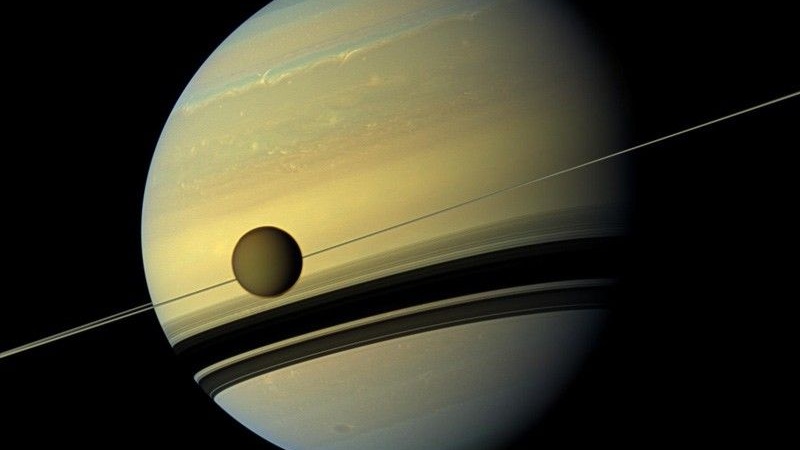Perseid meteor shower of 2021 thrills skywatchers
You'll have to wait two more years for a great "shooting star" show in August.
Breaking space news, the latest updates on rocket launches, skywatching events and more!
You are now subscribed
Your newsletter sign-up was successful
Want to add more newsletters?

Delivered daily
Daily Newsletter
Breaking space news, the latest updates on rocket launches, skywatching events and more!

Once a month
Watch This Space
Sign up to our monthly entertainment newsletter to keep up with all our coverage of the latest sci-fi and space movies, tv shows, games and books.

Once a week
Night Sky This Week
Discover this week's must-see night sky events, moon phases, and stunning astrophotos. Sign up for our skywatching newsletter and explore the universe with us!

Twice a month
Strange New Words
Space.com's Sci-Fi Reader's Club. Read a sci-fi short story every month and join a virtual community of fellow science fiction fans!
The expected peak of the 2021 Perseid meteor shower overnight on Wednesday and Thursday (Aug. 11-12) thrilled amateur astronomers as Earth passed through the debris tail of Comet Swift-Tuttle.
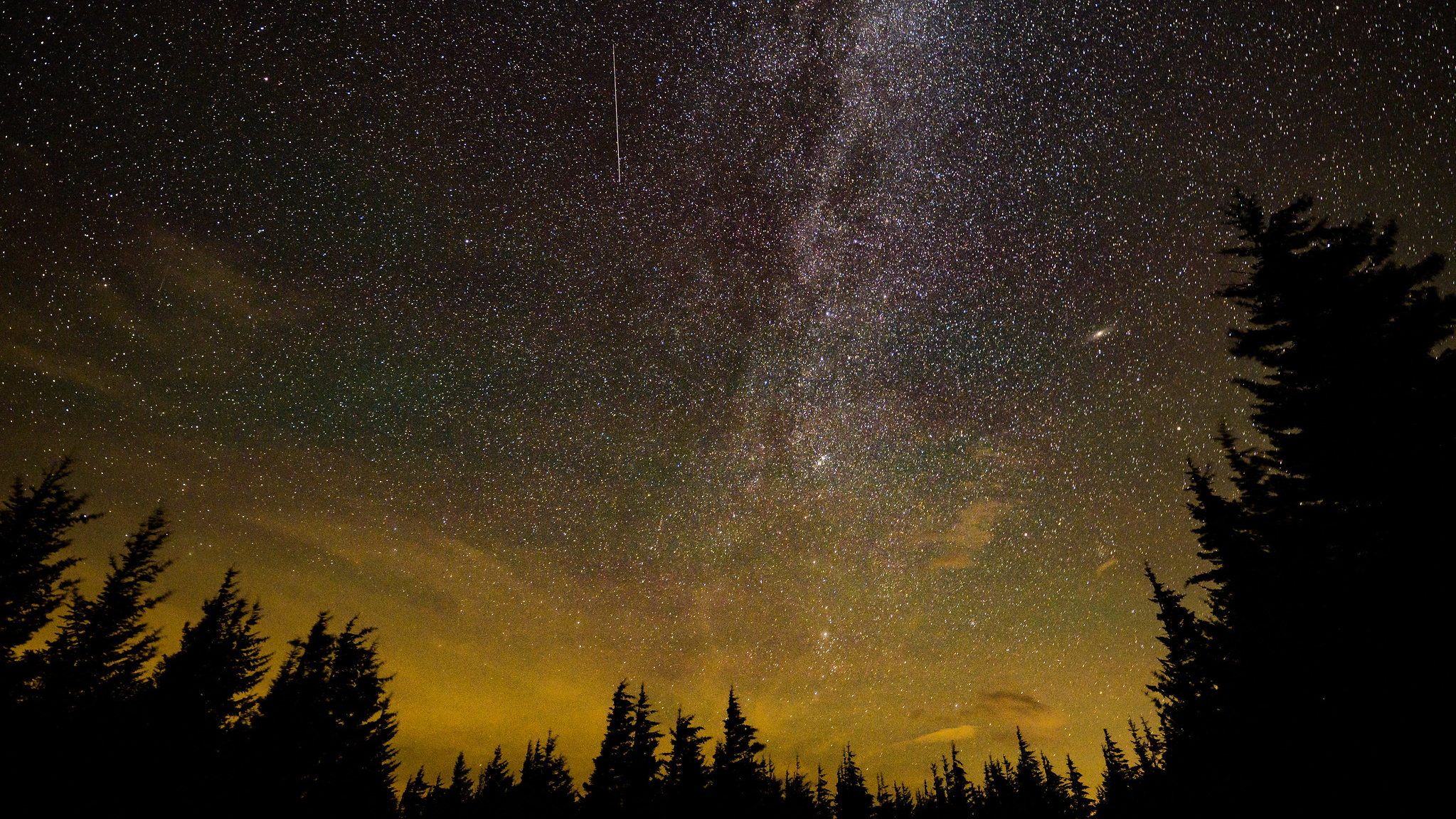
If you take a cool photo of the 2021 Perseid meteor shower let us know! You can send images and comments to spacephotos@space.com.
Images, videos and excited comments populated social media platforms as people watched the "shooting star" show, underneath a small crescent moon. You can still catch a good show late Thursday night (Aug. 12) and before dawn on Friday (Aug. 13) — but act quickly!
NASA warns that the next great Perseid meteor shower may not happen until 2024 because sky conditions will not be ideal for the expected 2022 and 2023 peaks. "With a full moon and lower meteor activity during the Perseids' peak in 2022, and a waning crescent high in the sky for 2023, this might be your best chance to do some summer skywatching for a few years," the agency said in a blog post.
Related: Amazing photos of the 2021 Perseid meteor shower

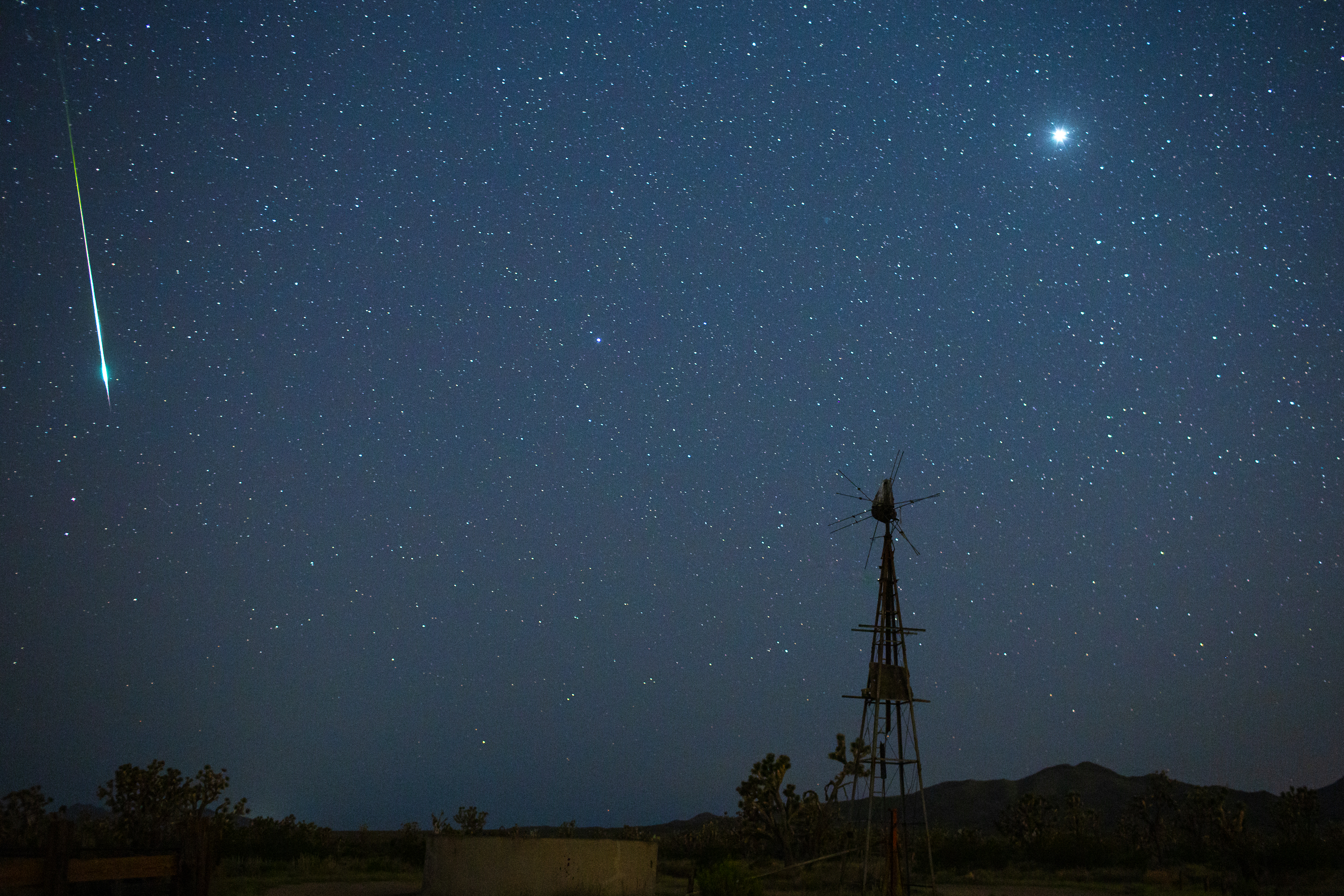

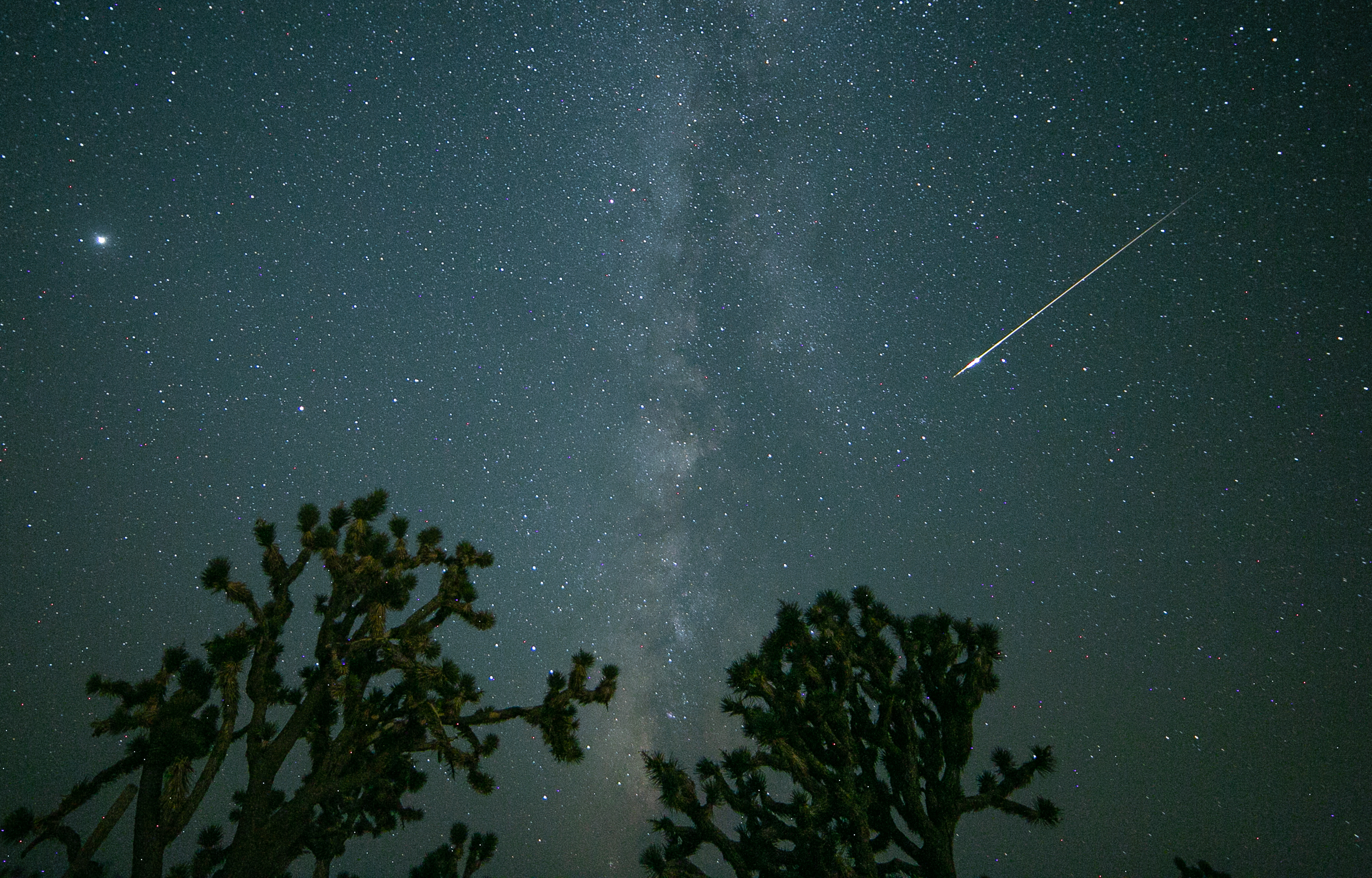
Tyler Leavitt, an amateur astronomer in Las Vegas, sent some pictures to Space.com from about 30 miles (50 kilometers) away, where he drove to "get away from the lights," he told Space.com in an e-mail. The spectacular result showed Perseid meteors lit up high in the atmosphere, framed by cactuses and a windmill.
"The air near Vegas was actually a bit hazy from the California wildfires," Leavitt said. "As the night went along, I was able to see and capture more meteors. Counted 23 between 2 and 3 am. That seemed to be the maximum I saw in an hour, which was slower (fewer) than other years I've been to the same spot."
Below are some social media shares and comments about the 2021 Perseids.
Breaking space news, the latest updates on rocket launches, skywatching events and more!
The #Perseids are in full swing - see the Istrastream web page for observations from across the globe: https://t.co/4MenxGZW7v pic.twitter.com/ciKe9dkaEcAugust 10, 2021
Only 37 Perseids from Exeter last night including this beauty! pic.twitter.com/0VDk9fCCJhAugust 8, 2021
☄️Perseid meteor fireball through the heart of the Milky Way last night. 📍 Charlottesville, VA 8/4/21 #Perseids #Astrophotography #StormHour pic.twitter.com/YKvLgtLhbbAugust 5, 2021
Last night I went out to photograph the Perseid meteor shower at Pentre Ifan Burial Chamber in Pembrokeshire, and caught this HUGE fireball at 2am which lit everything green 🤯https://t.co/pi2qYT0HpQ #perseids #astrophotography #thephotohour pic.twitter.com/27P05Eck1KAugust 12, 2021
While the #meteors are glowing above the eastern horizon, thunderstorm flashes illuminate the northern horizon. This was a dramatic first night of the #perseids. pic.twitter.com/JSgKMKkcgyAugust 11, 2021
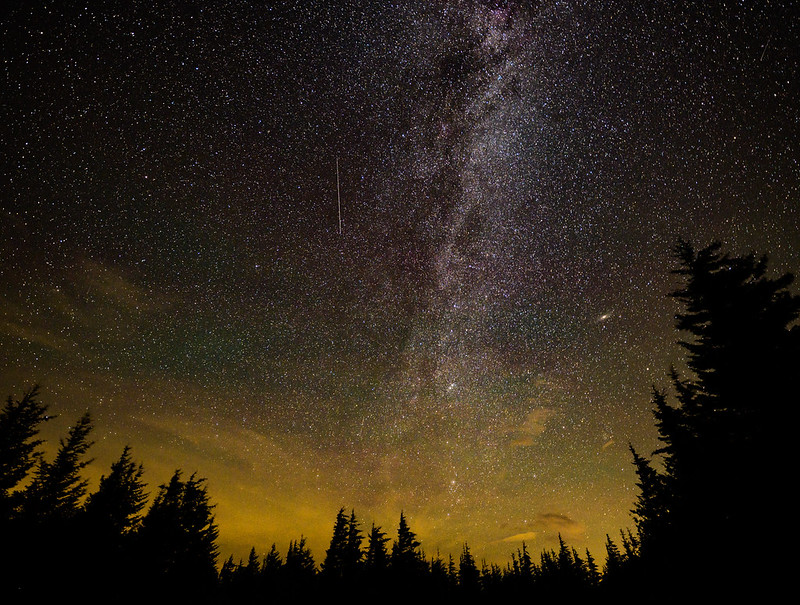
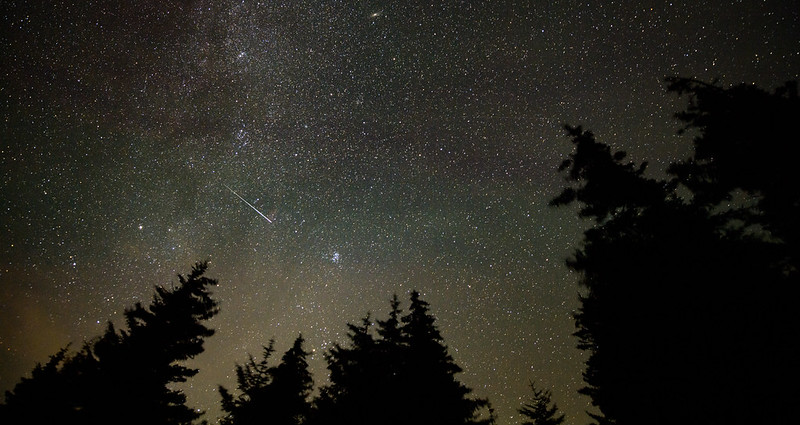
Perseids from Tissington, Derbyshire last night pic.twitter.com/OQ6Bm2vHy2August 12, 2021
A night of #astrophotography and #perseids the setup // the shot pic.twitter.com/MU1NrLWnCIAugust 6, 2021
Summary of last night. It's getting more and more meteor detections. #globalmeteornetwork #perseids #meteor pic.twitter.com/uLjhOsISsiAugust 6, 2021
Checked through my shots and I'd caught another #Perseid near Jupiter during the early hours of 4 August 😃 #Astronomy #Astrophotography #Perseids pic.twitter.com/clEXblO8loAugust 9, 2021
The next major meteor shower of 2021 will come in October, when the annual Orionid meteor shower lights up the night sky. The Orionids are made up of pieces of Halley's Comet and will peak in 2021 overnight on Oct. 20 and Oct. 21, but the full moon on Oct. 20 will likely wash them out.
Follow Elizabeth Howell on Twitter @howellspace. Follow us on Twitter @Spacedotcom and on Facebook.

Elizabeth Howell (she/her), Ph.D., was a staff writer in the spaceflight channel between 2022 and 2024 specializing in Canadian space news. She was contributing writer for Space.com for 10 years from 2012 to 2024. Elizabeth's reporting includes multiple exclusives with the White House, leading world coverage about a lost-and-found space tomato on the International Space Station, witnessing five human spaceflight launches on two continents, flying parabolic, working inside a spacesuit, and participating in a simulated Mars mission. Her latest book, "Why Am I Taller?" (ECW Press, 2022) is co-written with astronaut Dave Williams.
